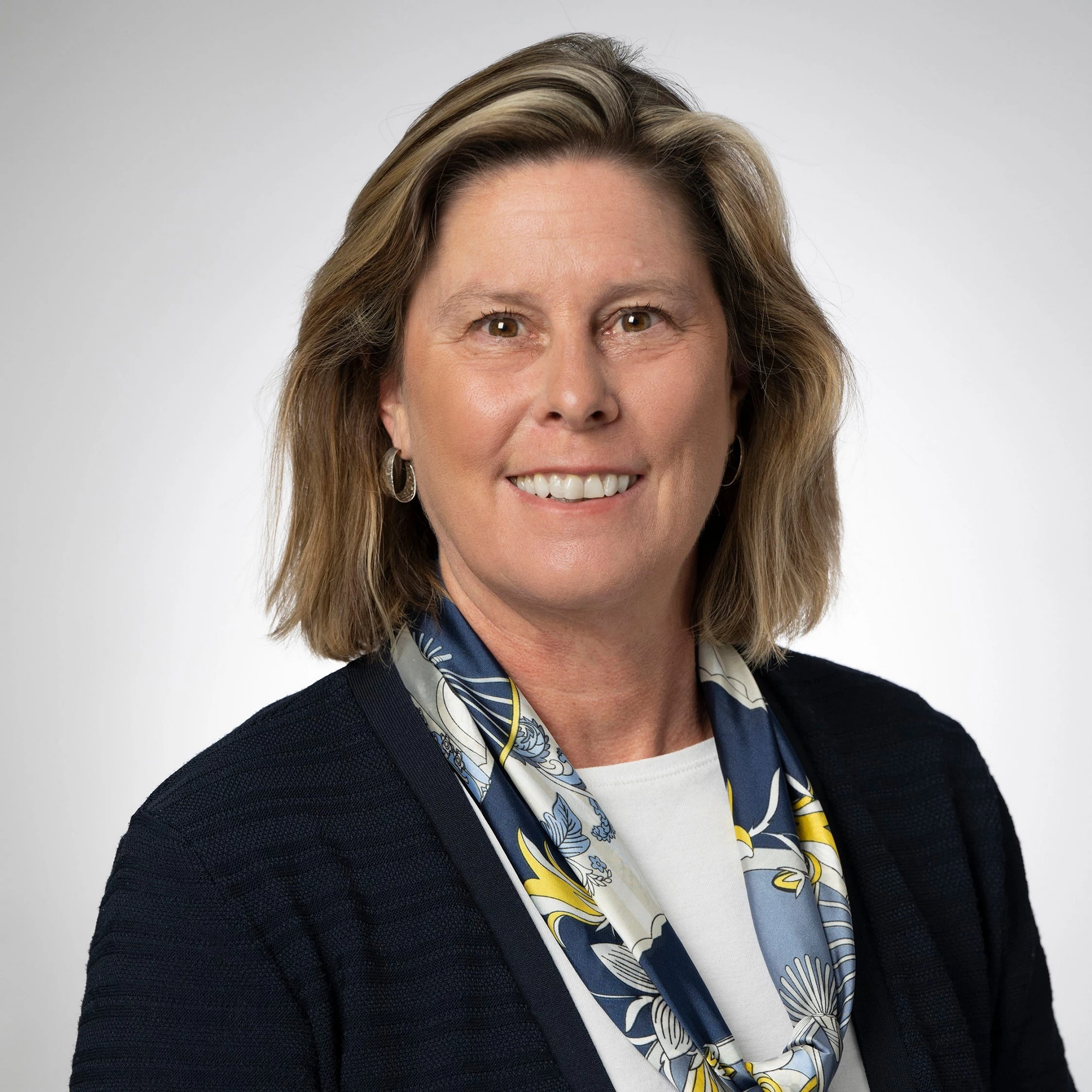Two weeks ago, on World Water Day (March 22), I was privileged to represent the World Bank’s Water Practice at a conference called: “Watershed: Replenishing Water Values for a Thirsty World” in Vatican, sponsored by the Pontifical Council for Culture of the Vatican, the Circle of Blue and the Club of Rome.
Pope Francis opened the conference and gave a special welcome. “I am happy that this meeting is taking place, for it represents yet another stage in the joint commitment of various institutions to raising consciousness about the need to protect water as a treasure belonging to everyone, mindful too of its cultural and religious significance,” he said.
While I went to the event with high expectations, I had not expected the rush of emotion that I felt as the Pope delivered this message on water - and how intensely personal these words felt to me in my 30th year of working on delivering water and sanitation services to communities in developing countries.
Following the Papal blessing, Watershed Conference participants spent the next 6 hours sharing personal stories of successes as well as of urgency related to the value and values of water.
We heard that the one thing that ties all life on Earth together is water. Water is central to human existence and dignity. Water is needed for food, energy, and manufacturing. And water is an underpinning of peace and security.
Yet, today, we live in a world with a looming water crisis. Unless we change the way we live, consume and produce, there won’t be enough clean water to sustain all of us in the future. While there will still be water in 30 years, water will become scarcer, much dirtier, and much more unpredictable to manage because of rapid population growth, expansive urbanization, industrialization, migration, and accelerating climate change.
This calls for a fundamental shift in how we value water and manage water resources. At the Watershed Conference, I spoke to three deeply intertwined aspects of water:
· The first is Ecological. Water is the essential natural resource that sustains all planetary functions. We need to learn much better how to share this finite resource amongst ourselves, as well as with all other species on Earth. Not only do we consume too much and leave too little for other beings, but by doing so we undermine the very ecological systems that keep rivers flowing. We need to develop a “water conservation ethic”.
· Spiritual, cultural and social. Water is also central to the flourishing of all human cultures. The quest for water has always determined where people live, where cities were built, and it still influences the migration of humans and animals alike. It has shaped legends, cultures and has united – as well as divided - societies. And sitting in the Vatican, one of the most spiritual places on Earth, we cannot help but to be reminded how closely water is linked to profound spiritual beliefs across the world. Water represents our common humanity.
· Economic. And finally, water is the common currency that connects all sectors of the economy and most of the 17 Sustainable Development Goals. Inadequate water management can constrain economic growth, exacerbate poverty and make worse the negative effects of water shocks like floods and droughts.
When we consider all of these aspects of water, what we are looking for is that sweet spot in middle of these three circles that brings us all together: a place of shared value that a society has towards water.
We then need to translate ‘shared value for water’ into water management systems that can deliver efficient, affordable, sustainable and inclusive services, while at the same time safeguard the ecological integrity of the resource. We need to stop wasting water, stop polluting it, and enable universal access to those humans and ecosystems in need.
At the end of a very long day, I reaffirmed our commitment to advancing this global dialogue on the value of water on behalf of the World Bank.
At the World Bank, we recognize that high level political leadership and commitment is required to tackle the magnitude of the global water problem, and will work through the High Level Panel on Water convened last year by President Kim and UN Secretary General to continue to raise awareness and talk openly with all members of society about how we should value water.
In two weeks, on April 20, we will also be cohosting the 2017 Sanitation and Water for All High Level Meetings, during the IMF-World Bank Spring Meetings. Finance Ministers, global thought leaders and civil society representatives will come together to search for solutions to close the financing gap for universal access to water and sanitation, which is estimated to be $114 billion per year until 2030. We'll discuss how to tap into additional sources of financing for the water sector, particularly domestic private finance, and how to use existing resources more effectively and efficiently.
I look forward to this discussion, which will again inspire a global dialogue on the value of water as we are moving toward a water-secure world for all.



Join the Conversation